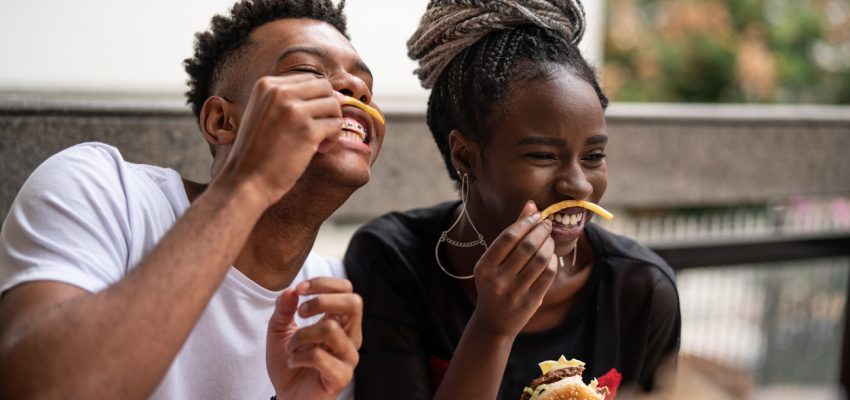The food and beverage industries are undergoing a revolution. Customers are no longer just looking for superior product quality or the lowest-priced goods – they are looking for brands with sustainable and environment-friendly choices. The key challenge for food packaging manufacturers is to balance cost and practicality with sustainability and biodegradability.
Sustainable food-grade ink alternatives
Unbeknownst to many, the choice of ink for labeling of food products plays a big role in determining if the packaging is sustainable or compostable. Traditional ink is heavily non-sustainable. Aside from the use of heavy metals such as cadmium and lead in their pigments, the carrier for these pigments is typically petroleum-based solvents. The manufacturing process of these solvent-based inks also produces volatile organic compounds (VOCs) as a byproduct.
In a bid for more environment-friendly labeling solutions, water-based printing processes have become the most popular alternative. Before recent developments were made to the technology, water-based inks faced problems with compatibility with non-absorbent packaging materials and had to contend with longer than usual drying times. In recent years, ink manufacturers such as Needham Inks have made significant improvements to their water-based ink formulations.
The water-based flexo inks have been improved with cross-linking technology, allowing them to adhere to standard food packaging materials such as polypropylene and polyethylene.
A consumer-driven phenomenon
Governments around the world have been promoting the use of sustainable food packaging either by imposing new standards or by incentivizing sustainable packaging solutions. In 2015, the European Union published the EN 13432 standards for how a material can be considered ‘compostable’ or otherwise recoverable through organic means. Just last year, the British government announced plans to enact a deposit-return scheme for single-use food and drink containers. Over 70 states in the US have outright banned the use of plastic bags while polystyrene foam cups and food containers have been banned in Vancouver.
Even without government pressure, this shift towards sustainable options has been influenced in part by a changing consumer mindset. According to the 2015 Nielsen Global Corporate Sustainability Report, about 66% of consumers are willing to pay more for products from brands who have committed to more environment-friendly practices.
Big brands have responded well to this phenomenon, with big brands such as Nestle, Unilever, and Mondelez committing to sustainable packaging goals by 2025.
Truly biodegradable food packaging: a pipe dream?
For many food packaging manufacturers, the challenge of coming up with sustainable packaging solutions revolves around innovation. After all, food packaging does not only need to be sustainable, but it also has to be functional: hygienic, waterproof, and mechanically durable. In some instances, it also has to be heat-resistant.
Aside from the difficulty of coming up with appropriate material for sustainable packaging, higher production costs are also a barrier. Sustainable options are about 25% more expensive than traditional packaging products.
These hurdles have not stopped companies, big and small, from pursuing
sustainable solutions. The US Department of Agriculture has even pitched in
by sponsoring research on the use of casein to create an edible,
biodegradable packaging film and food wrapping paper.
In today’s market, brands who offer a “green” solution have become more competitive. If you are in the food business, going “green” may be a significant investment but is one that will pay out eventually – both for our planet and for your bottom line.




